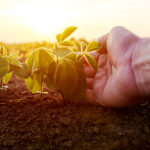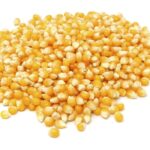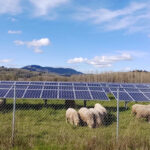Tag Archives Science Notes

What doesn’t kill you makes you stronger
Science Notes: New study is engineering crops to be more productive by improving photosynthesis

High-oil corn packs punch for pigs
Science Notes: Nutrients and energy in high-oil corn shown more digestible

Machine learning uncovers ‘genes of importance’ in agriculture
Science Notes: Technology can also predict additional traits in plants, disease outcomes in animals
Advanced model and field data add up to better cover crop management
Science Notes: Termination timing can be just as important as the plant species you select

Microbes play role in corn hybrid vigour
Science Notes: Microbes seen as critical players in affecting corn plants

Experts challenge understanding of transition dairy cow health
Science Notes: Conditions previously thought as indicating poor health may actually be normal, advantageous

Researchers give yeast a boost to make biofuels from discarded plant matter
Science Notes: Corn stover seen as an underutilized fuel source

Livestock sector has a history of decreasing emissions
Science Notes: The intensity of emissions is decreasing, but regional differences remain

Bacteria boost plant root hair growth
Science Notes: Symbiotic bacteria in root cells may be key to producing better crops, study finds

Sheep and solar panels make an efficient mix
Science Notes: Researchers found solar panel field grazers had same gain as conventionally grazed sheep
